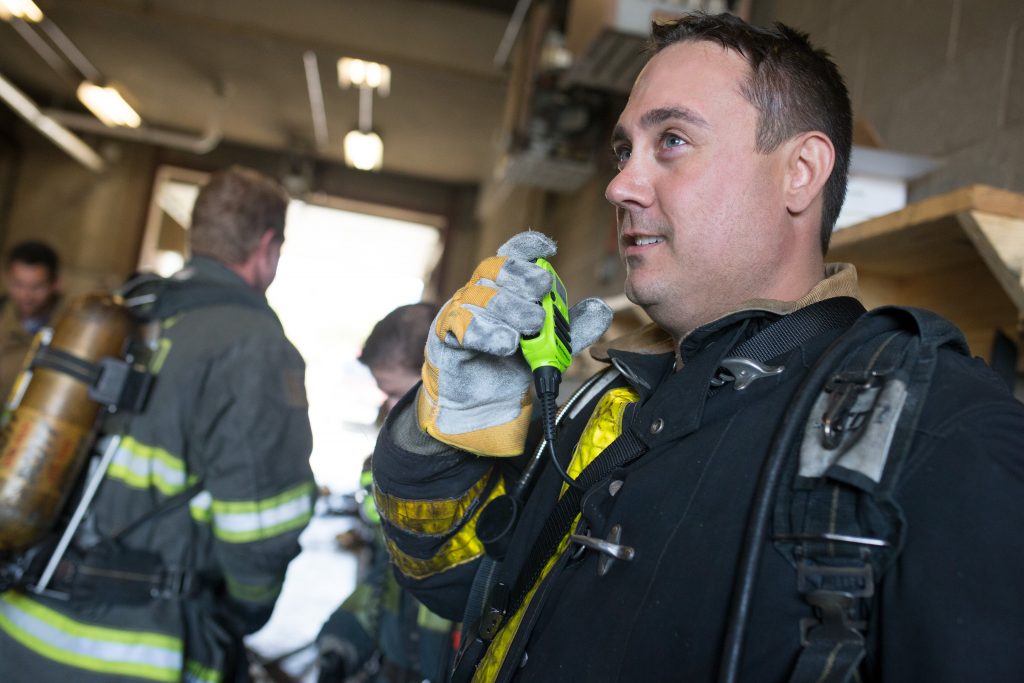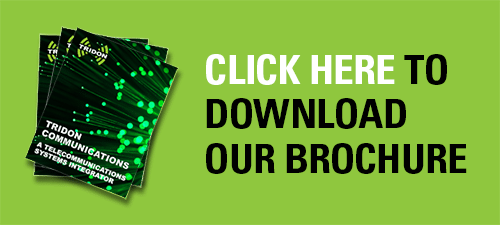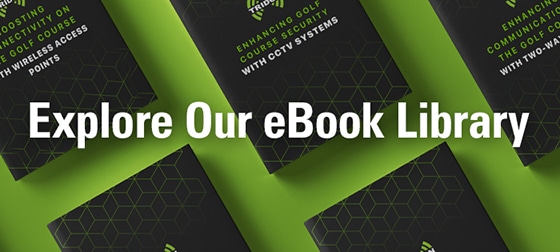
In the world of two-way radio communication, there are certain rules and etiquette that must be followed to ensure effective communication. Whether you’re new to two-way radio technology or a veteran communicator, it’s essential that everyone on the network understand proper usage of the device in order to get your intended message across.
Below is an explanation on how to efficiently use two-way radios, so that all users can take advantage of its many benefits, why following radio protocol is important, and tips for staying organized when communicating over a two-way radio system.
By following these simple steps, you will not only be better equipped with the knowledge needed to effectively use two-way radios but also create an environment where everyone feels safe and respected.
Key Phrases for Two-Way Radio Communication
Good two-way radio communication is essential to any workplace, and following certain radio etiquette codes and regulations will help ensure that it is as efficient and professional as possible. There are some core key phrases which should be used when using a two-way radio.
First, it is important to introduce yourself when communicating over two-way radios. This helps to establish who you are talking to immediately, so they know the context of the conversation.
Another important element of two-way radio etiquette is to stay on topic when speaking. Any irrelevant conversations should be avoided in order to prevent confusion and ensure messages can be received without interruption. Additionally, always refer to yourself and the two-way radio by their proper name or call sign when talking over the system.
By following these core key phrases, two-way radio communication can be carried out in an efficient and professional manner. Doing so will help ensure that important messages are sent and received accurately.
Responding Properly to Messages on the Radio
When responding to messages on the radio, it is important to remain professional and courteous. Speak clearly and concise in a normal tone of voice.
Always wait for a response from the other party before beginning a new transmission. This will help ensure that both parties are able to communicate effectively. Additionally, it is important to keep conversations brief but precise. Long conversations can cause delays making it difficult for the other participants to communicate efficiently and accurately.
Maintaining Professionalism over the Airwaves
When communicating over two-way radios, it is essential to maintain a professional attitude and avoid using slang or profanity at all times. Additionally, it is important to remain courteous and respectful toward other users. Personal conversations should be avoided as this can be a distraction for other users and make it difficult to get the job done.
Using clear language when speaking on the two-way radio is also crucial in ensuring that everyone involved in the conversation understands what is being said. It is not recommended to use technical jargon or acronyms unless everyone has agreed on their meaning beforehand and are familiar with them.
Finally, remember that two-way radios are a shared medium so it’s important to demonstrate respect for others when using it. Avoid discussing confidential or sensitive material on an open channel as this could compromise security or privacy.
Tips for Improving Your Etiquette with Two-Way Radios
When using two-way radios, it’s important to remember a few basic radio communication protocol rules and procedures. Here are some tips for improving your radio etiquette in the workplace:
Listen before you talk – It is important to always listen carefully before transmitting on the radio in order to avoid interrupting someone else’s conversation or transmission.
Use proper language – Always use appropriate language when communicating over the radio, even if you’re trying to be funny or lighthearted.
Avoid unnecessary transmissions – Try not to make unnecessary transmissions that could disrupt other people’s conversations or transmissions on the radio. If possible, try to limit yourself to one transmission at a time.
Adjust your volume – Adjust the volume on your radio to an appropriate level that will allow you to communicate clearly without being too loud or disruptive. Additionally, be aware of the background noise in your environment and adjust the volume accordingly.
Use call signs – When communicating with someone else over the radio, it’s important to use the proper call signs for both parties involved during a conversation. This will help ensure that there is no confusion regarding who is talking.
Benefits of Following Proper Etiquette with Two-Way Radio Communication
Following proper etiquette when using two-way radios is essential to ensure clear and respectful communication between both parties.
Improved Safety – Following protocol for proper two-way radio communication can help prevent safety issues by providing concise instructions that minimize confusion or misunderstanding. This is especially important in emergency situations where one wrong word can lead to serious consequences.
Professionalism – Maintaining a professional attitude while using two-way radios will make it easier for both parties to communicate effectively without distraction or interruption. This is especially important in business or commercial settings where a higher level of professionalism is expected.
Respect – Following proper two-way radio etiquette shows respect for the other person you’re communicating with. Showing respect while using two-way radios can be as simple as using appropriate language and not interrupting when someone else is speaking.
Cooperation – Radio etiquette helps to foster cooperation between both parties by promoting clear communication and understanding among them. This, in turn, promotes better teamwork and collaboration which ultimately leads to successful outcomes.
Contact Tridon Communications Today
Two-way radio etiquette and rules are essential for effective communication and collaboration between individuals using the radios. By following key phrases, responding properly to messages on the radio, maintaining professionalism over the airwaves, avoiding common mistakes when using two-way radios, and using tips for improving your etiquette with two-way radios individuals can ensure that their conversations remain clear and professional.
Following proper two-way radio etiquette has many benefits including reducing miscommunication and maintaining a respectful atmosphere on the airwaves. Overall, understanding how to use two-way radios effectively is an important skill that all professionals should master.
To learn more about two-way radios and radio etiquette in Western Canada, contact Tridon Communications today.



